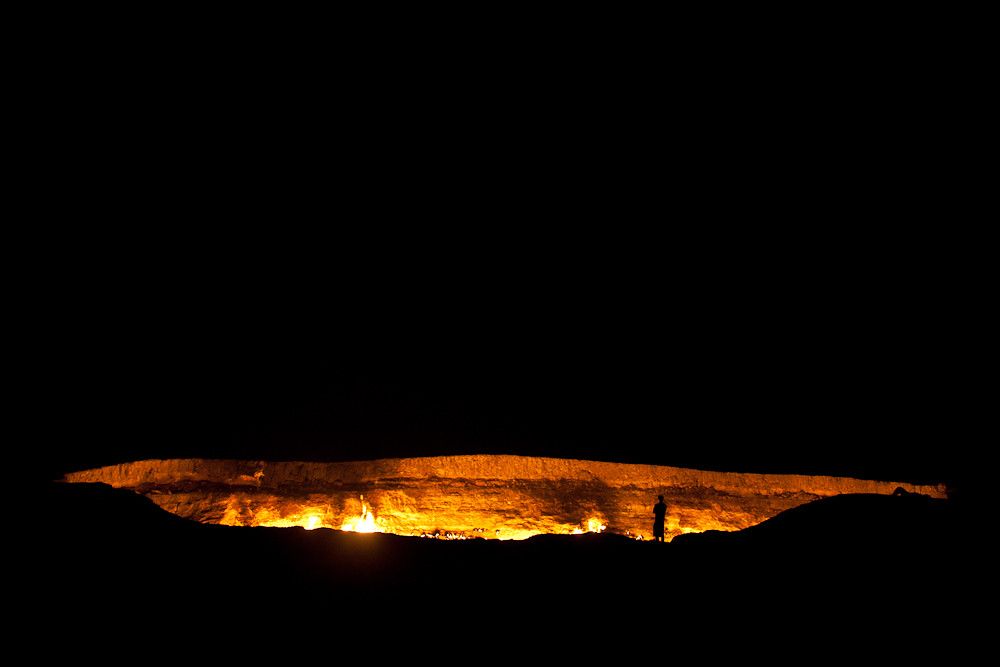
The assassination of conservative activist Charlie Kirk has reverberated across the American political landscape, prompting a profound moment of reflection on the nation’s democratic health. In the wake of this tragic event, Arnold Schwarzenegger, the 78-year-old actor and former Republican governor of California, delivered a sobering address at the University of Southern California’s International Day of Democracy celebrations. His remarks underscored a deep apprehension about the trajectory of American democracy, warning of an impending “cliff” that threatens the very foundations of the nation’s governance.
Schwarzenegger’s participation in a live discussion with USC’s interim President Beong-Soo Kim provided a platform to articulate his fears and offer a potent call to action. His voice, seasoned by years in both Hollywood and the halls of power, conveyed a unique blend of personal grief over Kirk’s death and a broader institutional concern. The dialogue aimed to dissect the escalating political violence and division gripping the United States, seeking to identify its root causes and potential remedies for a deeply fractured society.
This article delves into Schwarzenegger’s initial reactions to the tragedy, his stark warnings about the future of American democracy, his critical analysis of the societal forces he believes are tearing the nation apart, and his emphatic belief in the collective power of citizens to reverse this dangerous trend. We will explore his urgent appeal for unity and mutual respect, particularly among the younger generation, as a bulwark against the forces of polarization that he contends are driving the country perilously close to an irreversible decline.
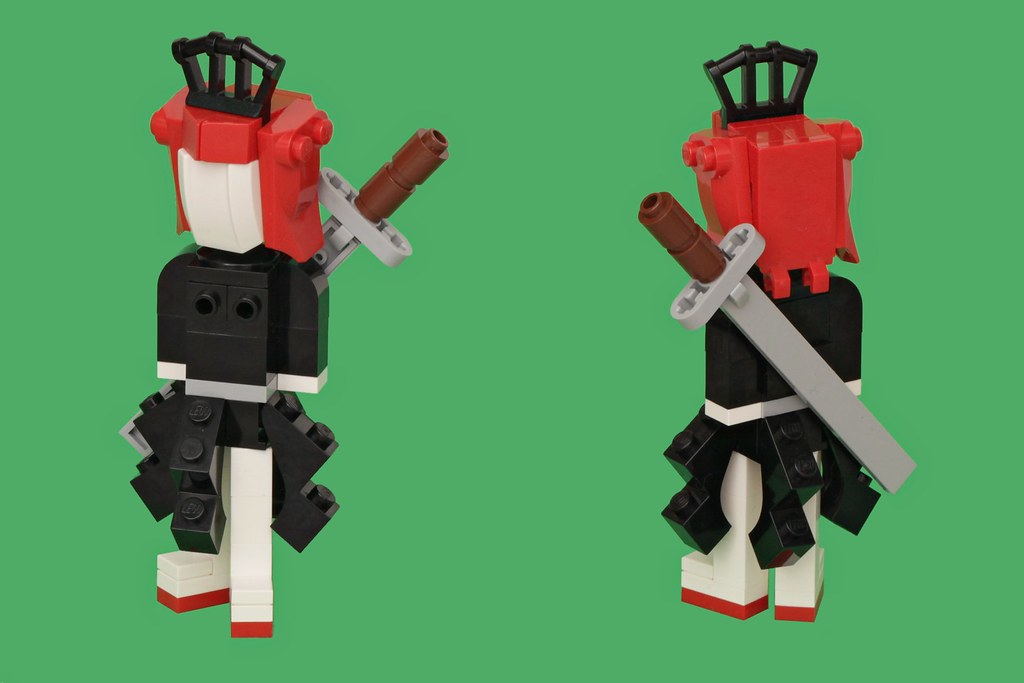
1. **Arnold Schwarzenegger’s Profound Reaction to Charlie Kirk’s Assassination**Schwarzenegger’s immediate response to the news of Charlie Kirk’s assassination was one of profound shock and sorrow, a sentiment he publicly expressed during the USC event and in subsequent statements. He recounted his deep emotional distress, stating, “I was very, very upset that someone’s life was taken because they have a different opinion. It’s just unbelievable.” This reaction highlighted a fundamental concern about the sanctity of life and the right to hold diverse perspectives in a democratic society, irrespective of political alignment.
He characterized Kirk not merely as a political figure but as a human being whose life was senselessly cut short. Schwarzenegger acknowledged Kirk as “a great communicator, a great advocate for the right — for Republican causes,” noting his remarkable ability to engage with students, whether they agreed or disagreed with him. The former governor emphasized the personal tragedy inherent in such an act, reflecting on Kirk as “a great father, a great husband,” and poignantly considering his children, who “will only be reading about him now, instead of him reading to them bedtime stories.”
Beyond his initial shock, Schwarzenegger articulated a broader despair over the implications of such violence for national discourse. He noted that since Kirk’s tragedy, there had been an “endless amount” of debates about how to stem the tide of political violence in the United States. His personal tribute to Kirk on X further solidified his message, stating, “My heart is with Charlie Kirk’s family, and with the United States.” This collective grief underscores the severe impact of political violence on individuals and the fabric of the nation itself.
He also used the opportunity to reinforce the idea that politics should not be a justification for violence. In his X post, he declared, “Politics has become a disease in this country, and it’s deadly. But don’t listen to the pessimists who say there is no cure.” He articulated a belief in an inherent solution, urging, “There is a cure. It is inside of us. We must find our better angels and walk back from the extremes. If we can’t agree on anything else, we must find agreement that we don’t solve our debates with violence.” This profound personal reflection served as a critical starting point for his broader warnings about democracy.
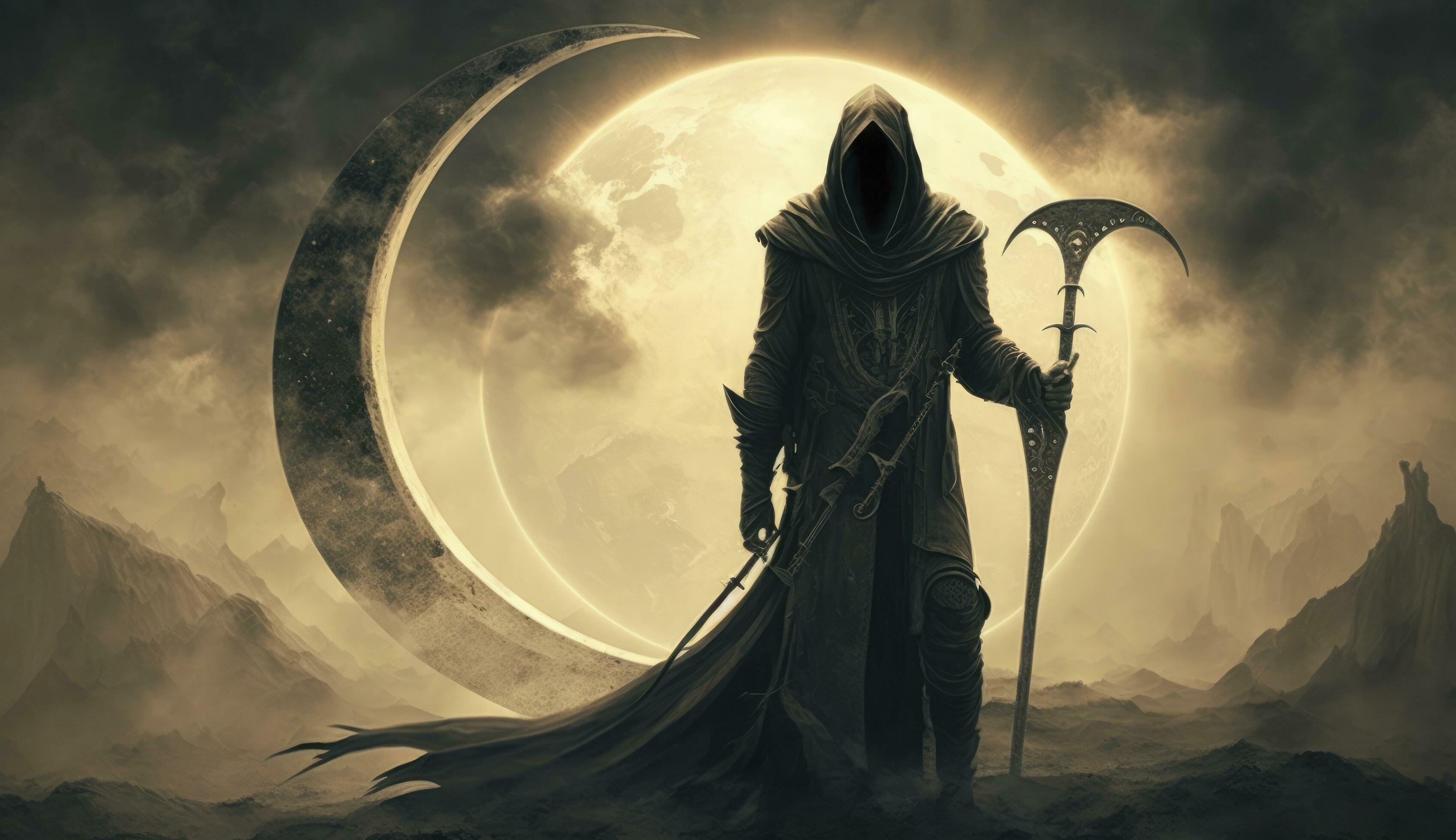
2. **The Grim Warning: America’s Approach to a ‘Democracy Cliff’**Central to Schwarzenegger’s address at USC was his stark warning that America is rapidly approaching a “democracy cliff.” This vivid metaphor served to encapsulate his deep concern that the nation’s current trajectory, marked by escalating division and political violence, could lead to an irreversible decline into a state where democratic principles no longer hold sway. He cautioned, “We have to be very careful that we don’t get closer to that cliff. Because when you fall down that cliff — down there, there is no democracy.”
This ominous warning was not a casual observation but a grave assessment rooted in his understanding of historical and political precedents. Schwarzenegger reiterated this point forcefully, emphasizing the critical juncture at which the nation finds itself. He stated, “We have to be very, very careful. I think it is very important that we turn this around and that we show people power. Because the people can turn this around, the people have the ultimate power.” His words conveyed an urgent plea for vigilance and collective action to avert this catastrophic outcome.
The former governor’s concern stems from a perceived erosion of the fundamental tenets of democratic society: respectful debate, tolerance for differing opinions, and a shared commitment to non-violent conflict resolution. He views the assassination of Charlie Kirk as a chilling symptom of this decline, a tangible manifestation of a political climate spiraling out of control. The “cliff” represents the point of no return, where the mechanisms designed to protect democratic governance fail, plunging the country into an uncertain future devoid of its foundational liberties and systems.
Schwarzenegger’s warning serves as a powerful call for immediate and sustained introspection, urging citizens and leaders alike to recognize the severity of the threat. It suggests that the current path is unsustainable and that a fundamental shift in approach is required to pull the nation back from the brink. His message is a stark reminder that democracy is not an immutable given but a fragile construct that requires constant tending and protection from the divisive forces that seek to undermine it.

3. **Diagnosing the Division: The Role of Social Media, Mainstream Media, and Political Parties**In his analysis of America’s perilous path toward the “democracy cliff,” Arnold Schwarzenegger did not shy away from identifying what he perceives as the primary architects of national division. He directly attributed the exacerbation of societal rifts to a triumvirate of influential entities: social media companies, mainstream media outlets, and the very political parties that are meant to represent the public. “We have to acknowledge that the cause of all of this is the social media companies that are dividing us, the mainstream media companies that are dividing us,” Schwarzenegger asserted.
His critique extended to the partisan political landscape, explicitly naming both sides of the aisle. “The political parties — the Democrats that are dividing us, the Republicans that are dividing us,” he continued, painting a picture of a nation besieged by divisive narratives from multiple angles. This comprehensive indictment suggests that the problem is not isolated to a single sector but is a systemic issue woven into the fabric of contemporary communication and political engagement.
Schwarzenegger’s concern about social media is rooted in its capacity to amplify extreme voices and foster echo chambers, leading to a fragmented public discourse. He later expanded on this, noting that “social media shows us the worst of humanity, and a few people celebrating a death will get more attention than hundreds of respectful people.” He cautioned against allowing “these companies and the rage influencers that profit from them convince you the worst of us are the most of us.” This highlights a significant concern about the curated reality presented online, which often prioritizes sensationalism and conflict over nuanced discussion and consensus.
Similarly, his criticism of mainstream media implies a perception that news outlets, perhaps in their pursuit of ratings or engagement, contribute to the polarization by framing issues in an overly adversarial manner. When combined with the partisan strategies of political parties, which often prioritize ideological purity and confrontation over compromise, the result is a perpetual state of conflict that prevents constructive problem-solving. This multi-pronged attack on the institutions of information and governance underscores Schwarzenegger’s belief that a fundamental change in how these entities operate is crucial for national unity and the preservation of democratic norms.

4. **The Ultimate Power: Schwarzenegger’s Faith in “People Power”**Despite his grim warnings about the challenges facing American democracy, Arnold Schwarzenegger articulated a powerful message of hope, rooting it firmly in the concept of “people power.” He insisted that the ultimate authority to reverse the nation’s divisive trajectory resides not with political elites or media moguls, but with the ordinary citizens. “Because the people can turn this around. The people have the ultimate power,” he declared, empowering individuals to recognize their collective capacity for change.
This assertion directly challenged the common sentiment of individual helplessness, often expressed as, “Well, what can I do? I’m just an individual.” Schwarzenegger emphatically countered this notion, stating, “Each and every one of you in here can make a difference.” His message was a clarion call for active civic engagement, urging every person to embrace their agency and contribute to the national effort to safeguard democracy. He believes that the aggregate actions of individuals, when united by a common purpose, possess an unparalleled force capable of overcoming entrenched divisions.
Schwarzenegger’s conviction in people power is deeply intertwined with the very definition of democracy. He reminded his audience, “Remember, the people power is the ultimate power. That’s what democracy is all about.” This foundational principle underscores his belief that the health of a democratic system is directly proportional to the engagement and unity of its populace. It is through the collective exercise of this power that citizens can hold institutions accountable, demand better from their leaders, and shape a more inclusive and respectful political culture.
By emphasizing the transformative potential of ordinary citizens, Schwarzenegger sought to instill a sense of responsibility and optimism. He urged them to “use that power” to demonstrate to both the country and the world that a return to unity and constructive engagement is not only possible but imperative. His advocacy for people power is a rallying cry for a grassroots movement, driven by individuals who choose to bridge divides rather than deepen them, ultimately reasserting the foundational tenets of American self-governance.
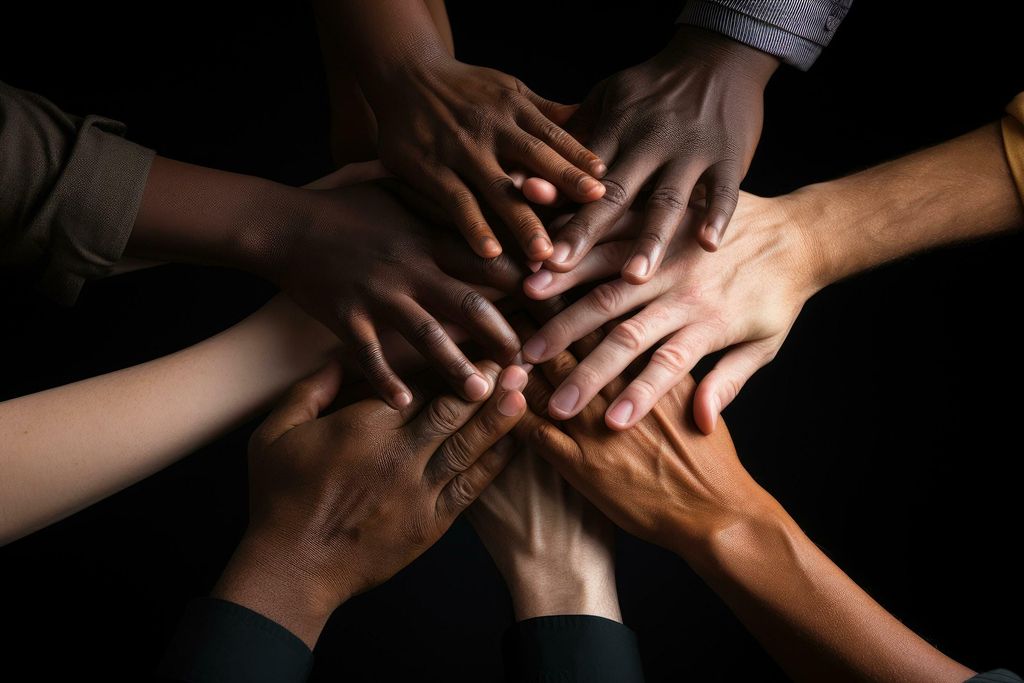
5. **A Call for Unity: Bridging the Partisan Divide Among Students**A tangible manifestation of Arnold Schwarzenegger’s belief in “people power” and his plea for national unity came in his direct address to the student audience at USC. He specifically challenged members of both Democratic and Republican student clubs to put aside their partisan differences and actively seek common ground. “Imagine that you get together, and you start having communications together and solving problems together,” he urged, envisioning a practical demonstration of cross-partisan cooperation.
Schwarzenegger recognized the immense symbolic power such an act of unity could wield, particularly in an era marked by intense political polarization. He predicted that if students from opposing political ideologies could genuinely collaborate, “You will have the media turn out in no time and cover that story.” More importantly, he saw this as an opportunity for the students to become “an example for the rest of the nation and for all universities, how you get together, how you not see the other side as the enemy.” This was a direct counterpoint to the prevailing rhetoric of political warfare.
His call was a direct rebuke to the increasingly common phrases and sentiments that characterize political opponents as adversaries rather than fellow citizens with differing views. “Or to fight fire with fire, like they’re saying today. Or to declare war on each other, as they’re saying today,” Schwarzenegger lamented. He implored the students to demonstrate an alternative path, one where leadership emerges from collaboration and mutual respect, rather than from entrenched hostility. He posited that true leadership lies in showing the capacity for agreement and cooperation despite disagreements.
This specific appeal to university students underscores Schwarzenegger’s belief in the potential of the younger generation to forge a new path for American politics. By demonstrating unity and problem-solving at a local, campus level, they could inspire broader societal change. He reinforced his message with the principle that “the people power is the ultimate power,” urging them to “show to the country and to the world that we can do it” through their actions. His focus on students highlights an investment in future leadership and a practical strategy for initiating the cultural shift necessary to heal national divisions.
6. **Beyond the Screen: Challenging “Rage Influencers” and Distorted Online Realities**Arnold Schwarzenegger’s comprehensive critique of the forces dividing America extended significantly to the digital realm, specifically targeting the phenomenon of “rage influencers” and the distorted realities perpetuated by social media platforms. He recognized that while his message at USC was critical, the unheckled, respectful audience exemplified a different reality than what often dominates online spaces. “I know that social media shows us the worst of humanity, and a few people celebrating a death will get more attention than hundreds of respectful people,” he observed, highlighting the platform’s inherent bias towards sensationalism.
He issued a stern warning against succumbing to this digitally amplified negativity. “Don’t let these companies and the rage influencers that profit from them convince you the worst of us are the most of us,” Schwarzenegger urged. This statement directly challenges the notion that the most extreme and aggressive voices online are representative of the majority. He argues that the algorithms and business models of social media platforms inadvertently reward anger and division, making it appear that negativity is more widespread and influential than it truly is.
Schwarzenegger elaborated on the mechanics behind this distortion, explaining that “anger makes you post, repost and like,” thus giving disproportionate attention to incendiary content. He contrasted this with the real-world experience, citing the almost 500 respectful students at the USC event as evidence: “This was an audience of almost 500 students and zero disrespect. That’s how most of the real world outside of the internet is.” This distinction between online perception and lived reality formed a crucial part of his message about reconnecting with human empathy.
His solution was both simple and profound: “If you find yourself falling for the anger, go out in the real world and make yourself human again.” This advice encourages individuals to consciously disengage from the echo chambers of social media and seek out authentic human interaction, where empathy and nuanced understanding are more likely to thrive. By doing so, Schwarzenegger believes individuals can regain perspective, resist the manipulative tactics of rage influencers, and contribute to a more civil and humane public discourse that transcends the digital performativity of conflict.

7. **The Chasm Widens: Divergent Voices in the Aftermath**While Arnold Schwarzenegger called for a return to America’s “better angels” and a commitment to non-violent debate, the immediate aftermath of Charlie Kirk’s assassination brought forth a sharply contrasting narrative from other influential figures. Prominent right-wing voices, including Elon Musk and former President Trump, quickly adopted an incendiary tone. This often occurred before comprehensive details of the shooting were public, highlighting the deeply entrenched divisions Schwarzenegger warned against.
Figures associated with the MAGA movement quickly issued threats of recrimination against the “far left.” This rhetoric, lacking factual grounding on the suspect’s motivations, deepened national wounds rather than healing them. Trump, in a Fox News appearance, explicitly rejected shared responsibility, stating, “The radicals on the left are the problem—and they are vicious and horrible and politically savvy.” This categorical dismissal of one side and demonization of the other directly contradicted Schwarzenegger’s appeal for mutual understanding.
Elon Musk similarly declared, “The left is the party of murder and celebrating murder.” Such inflammatory language, broadcast widely, risks dehumanizing political opponents and justifying future aggression. Eric Trump’s complaint that “the bullets are only going one way” further framed the violence as a unidirectional assault. These statements collectively fostered a political environment prone to finger-pointing rather than reconciliation, starkly contrasting with Schwarzenegger’s more conciliatory stance and his urgent plea for unity across partisan lines.
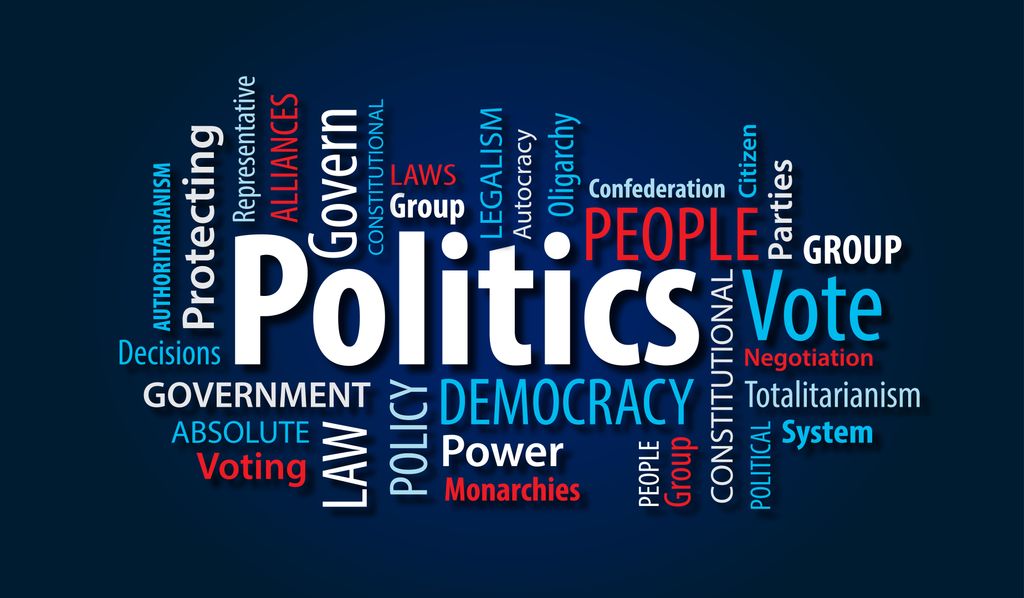
8. **Political Violence Beyond Partisan Lines: A Complex Reality**The notion that political violence stems solely from one ideological extreme was directly challenged, revealing the complex, often bipartisan reality of such acts. During a critical interview, CBS News’ Chief White House Correspondent Nancy Cordes confronted former President Trump with a list of violent incidents attributed to right-wing actors targeting Democrats. This underscored the crucial journalistic role in providing a balanced, evidence-based perspective amidst highly charged political discourse.
Cordes meticulously cited several alarming incidents, including “the killing of [Minnesota Democrat] Melissa Hortman, the attack on [former House speaker Nancy Pelosi’s husband] Paul Pelosi, the attack on [former Arizona Democrat] Gabby Giffords, the attack on the Pennsylvania governor’s mansion.” This compelling roster served as a powerful counterpoint to claims of unidirectional violence, demonstrating that political aggression has indeed spanned both ends of the ideological divide, affecting figures across the political spectrum. Her questioning aimed to inject a much-needed dose of reality into the conversation.
While Trump attempted to qualify his prior statements, asserting he “didn’t say it’s on one side,” he quickly reverted to framing the “radical left” as the primary instigator of violence. He argued they “seem to do it in a bigger way” and “really think they hate our country.” This sustained a narrative that simplifies and politicizes a deeply nuanced issue. Schwarzenegger’s broader appeal for unity and an end to all political violence stands in stark opposition to such partisan parsing, advocating for a consistent moral stance against aggression, regardless of ideological banners.
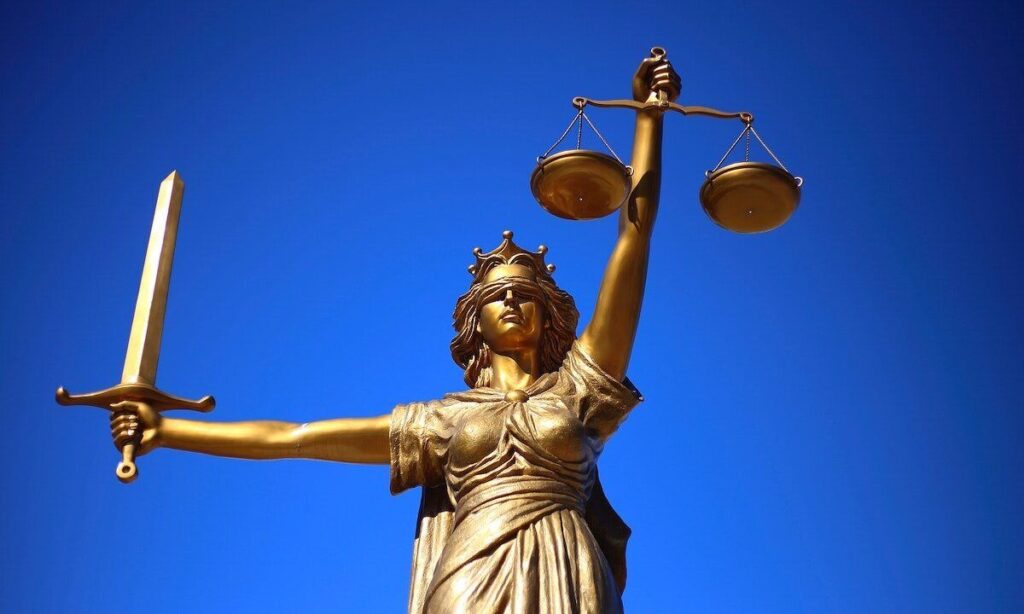
9. **A Legacy of Reform: Schwarzenegger’s Enduring Fight for Democratic Integrity**Arnold Schwarzenegger’s recent warnings about democracy are deeply rooted in his consistent commitment to political reform throughout his career. As Governor of California from 2003 to 2011, he actively championed initiatives aimed at strengthening democratic processes and ensuring fairer representation. This long-standing dedication to structural integrity provides critical context for his impassioned calls for unity and caution against division today.
A cornerstone of his reform efforts was the establishment of an independent congressional redistricting commission in California, created through a ballot measure he prioritized in his final year. Schwarzenegger understood that politician-drawn district lines protected incumbent interests over voter representation, leading to entrenched power and diminished competition. This initiative sought to inject impartiality into a process often manipulated for partisan gain, empowering citizens by reflecting communities more accurately.
His commitment to this principle was evident at the USC event, where he honored former commission members. There, Schwarzenegger forcefully spoke out against a new partisan effort, Proposition 50, which sought to redraw California’s congressional districts. He lambasted the proposal as an attempt to “fight for democracy by getting rid of the democratic principles of California,” urging students to vote against it.
Schwarzenegger critically observed that attempts to dismantle the independent commission under the pretense of “fighting Trump” were self-defeating, stating, “It doesn’t make any sense to me because we have to fight Trump, [yet] we become Trump.” This advocacy underscores his belief that democratic reforms must transcend partisan expediency. Since leaving office, he has continued his work through his USC institute, campaigning for independent redistricting nationwide and solidifying his legacy as a tireless advocate for fair and representative democracy.

10. **The Unfolding Tragedy: Details of Charlie Kirk’s Assassination**The tragic event that underscored Arnold Schwarzenegger’s urgent warnings occurred on September 10, when conservative activist Charlie Kirk was fatally shot. This horrific incident took place during a Turning Point USA event on the campus of Utah Valley University in Orem. Kirk was actively engaging with students in a public setting, which amplified the national shock and profound sense of loss that reverberated across the country. His death immediately ignited a critical conversation about political violence and the fragile state of American discourse.
Reports confirmed that Kirk, aged 31, sustained a fatal gunshot wound to the neck. Despite immediate medical attention, he tragically succumbed to his injuries at the hospital. The immediacy and public nature of the assassination transformed a routine campus event into a scene of unimaginable horror. An image from the context shows Kirk throwing hats to the crowd just moments before the fatal shot, starkly illustrating the suddenness of the violence that abruptly ended his life.
Within days, law enforcement made an arrest. On September 12, Tyler Robinson, 22, was taken into custody in Utah. Robinson has since been formally charged with aggravated murder and felony discharge of a firearm causing bodily injury, alongside charges of obstruction of justice, witness tampering, and committing a violent offense in front of children. These comprehensive charges reflect the severe nature of the alleged crimes and the dedicated legal response to Kirk’s death.
Robinson is currently being held without bail, and prosecutors have confirmed their intention to seek the death penalty in this high-profile case. While initial political reactions quickly speculated on the shooter’s ideological motives, later reports indicated that Tyler Robinson came from a Republican-voting family, though his personal political preferences remained ambiguous. This detail added a layer of complexity to the already sensitive discussions surrounding the political underpinnings of the assassination.
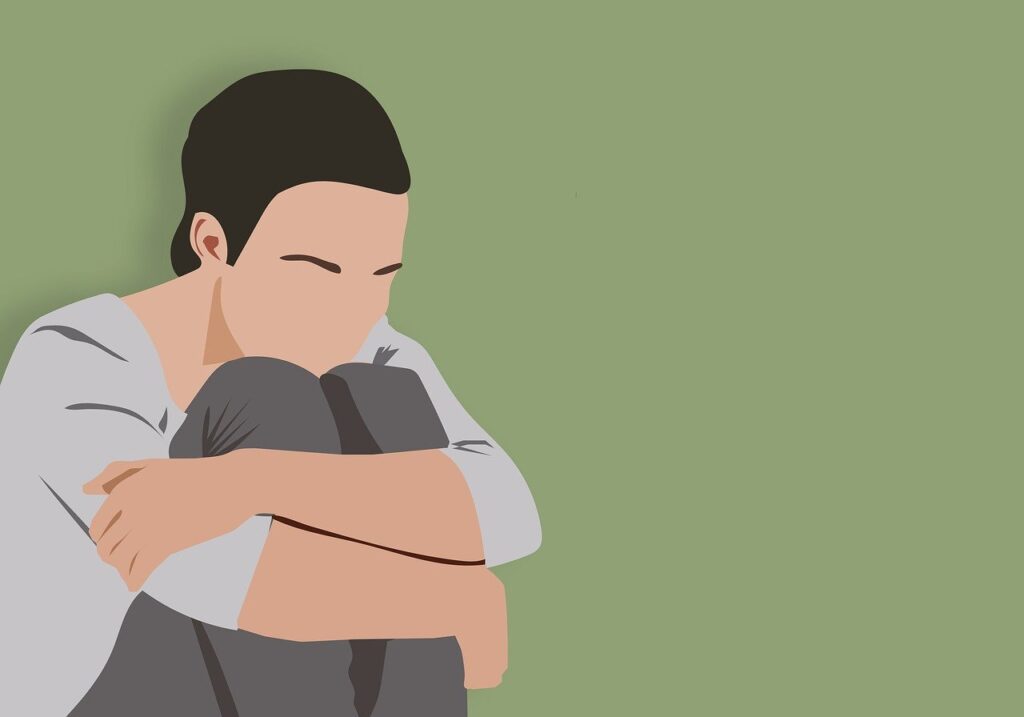
11. **A Widow’s Anguish: Erika Kirk’s Heartfelt Tribute**Amidst the wide-ranging political analyses and calls for action, the profound personal tragedy of Charlie Kirk’s assassination was powerfully brought to light by his widow, Erika Kirk. Her emotional tribute served as a poignant reminder of the devastating human cost of political extremism, transcending public discourse to reveal the deep anguish of private grief. Her words offered an intimate glimpse into the immense void left by such a sudden and violent loss.
Erika Kirk shared her grief and the profound love they shared through a carousel of photos on Instagram. Her public message began with a powerful statement: “The sound of this widow weeping echoes throughout this world like a battle cry.” This immediately humanized the tragedy, shifting focus from political ideology to the deeply personal devastation experienced by a family, conveying a sense of universal sorrow and a profound challenge to the forces that led to her husband’s death.
She continued, expressing her struggle to comprehend the senseless act. “I have no idea what any of this means. But baby I know you do and so does our Lord,” she wrote. This sentiment captured the bewildering nature of unexpected loss, while also reflecting a faith that her husband’s life and passing held a deeper, spiritual significance. It was a testament to their shared beliefs and the hope for understanding beyond earthly comprehension, offering solace in an incomprehensible time.
Erika concluded her moving tribute with words of comfort and affirmation for her late husband. “Rest in the arms of our Lord baby as He blankets you with the words I know your heart always strived to hear, ‘well done, My good and faithful servant.’” These words encapsulated both her personal sorrow and an honoring of Charlie Kirk’s perceived dedication and purpose. Her tribute served as a powerful testament to enduring love and the private suffering that often accompanies such public events, reminding the nation of the individuals deeply impacted by escalating political violence. Kirk is survived by his wife, Erika, and their two children.
12. **Charting a Path Forward: Reclaiming Humanity in a Divided Nation**The assassination of Charlie Kirk has served as a profound moment of reckoning, compelling a national examination of American democracy’s precarious state. Arnold Schwarzenegger’s stark warnings about an impending “democracy cliff,” and his diagnosis of the forces fracturing the nation—from social media to partisan politics—underscore a pervasive anxiety about the country’s trajectory. Yet, his message ultimately offers proactive hope, emphasizing that the power to reverse this decline rests within the collective will of the people.
The response to Kirk’s death revealed both the best and worst of American political discourse. While some leveraged the tragedy to amplify divisive rhetoric, others, like Schwarzenegger, urged a return to fundamental principles of respect and non-violence. This contrast highlights the critical choice facing the nation: to succumb to the anger and fragmentation profit from by “rage influencers,” or to consciously cultivate an environment where differing opinions can coexist without descending into enmity and hostility.
Schwarzenegger’s consistent advocacy for democratic reforms, such as independent redistricting, offers tangible blueprints for structural improvements. More profoundly, his call to university students to bridge partisan divides, and his advice to “go out in the real world and make yourself human again,” provides a practical roadmap for individual action. These are not merely suggestions but urgent imperatives for citizens to actively disengage from toxic online narratives and reconnect with the shared humanity that forms the bedrock of any functioning democracy.
Ultimately, navigating away from the “democracy cliff” requires a conscious, collective effort. It demands that individuals and institutions alike prioritize genuine dialogue over performative conflict, empathy over animosity, and shared responsibility over partisan blame. By heeding voices like Schwarzenegger’s and reflecting on the profound human cost exemplified by Erika Kirk’s tribute, America can begin to rediscover its “better angels.” This pivotal moment calls for a renewed commitment to the principles that bind the nation, ensuring that diverse opinions can flourish without fear of violence, and that the future of democracy is secured through unity and mutual respect.



